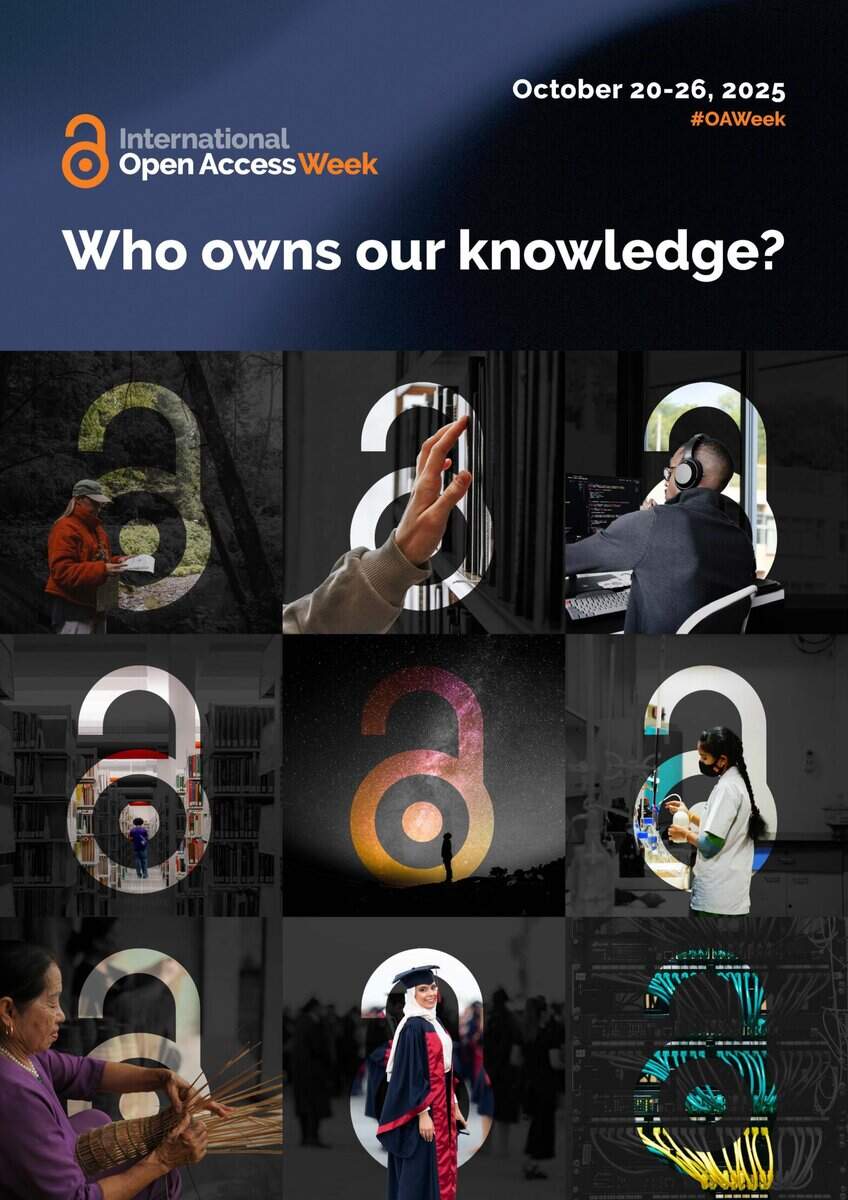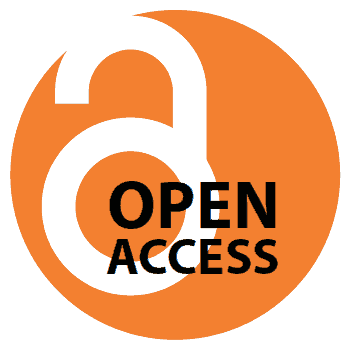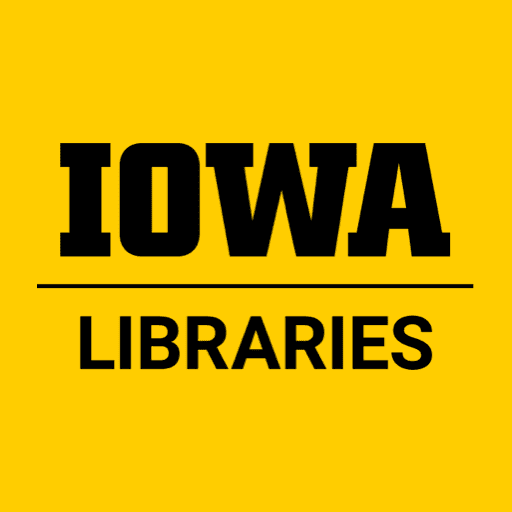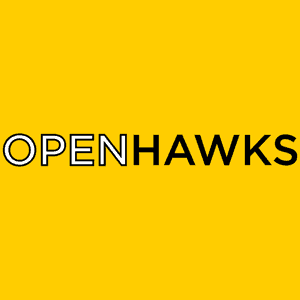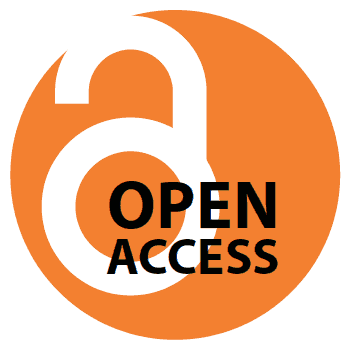The time for Love Data Week 2026 has come, with this year’s theme, “Where’s the Data?”, encouraging us to consider the journey that data undertakes from creation to application. Previously, we discussed how to implement good data management practices in your research. So, what next? Sharing your data and making it findable and discoverable toContinue reading “Love Data Week 2026: Data Discoverability”
Category Archives: Scholarly Impact
Love Data Week 2026: Keeping Track of Your Data
The time for Love Data Week 2026 has come, with this year’s theme, “Where’s the Data?”, encouraging us to consider the journey that data undertakes from creation to application. The first step in the journey of research data is its creation during the research process. At this stage, it’s important for you as researchers toContinue reading “Love Data Week 2026: Keeping Track of Your Data”
Love Data Week 2026: February 9-13
Love Data Week 2026 is upon us, and the Big Ten Academic Alliance (BTAA) is hosting a series of free virtual events to celebrate from Monday, Feb. 9, through Friday, Feb. 13. From hands-on workshops and expert panels to data visualization competitions and networking opportunities, Love Data Week offers students, faculty, staff, and researchers acrossContinue reading “Love Data Week 2026: February 9-13”
Open Access Week 2025
Celebrate International Open Access Week with the University of Iowa Libraries on Oct. 20–26. This year’s theme is “Who owns our knowledge?” and it focuses on the questions: Where has knowledge come from? How is knowledge created and shared? Whose voices are recognized and valued? Open Access Week is a time for open access professionalsContinue reading “Open Access Week 2025”
How Springer Nature’s open access agreement benefits you
The University of Iowa Libraries’ new open access agreement with Springer Nature offers university-affiliated corresponding authors unlimited open access publishing in Springer’s hybrid journals portfolio without payment of article processing charges (APCs). The deal was negotiated through the Big Ten Academic Alliance and covers articles accepted for publication between April 1, 2025, and March 31,Continue reading “How Springer Nature’s open access agreement benefits you”
Big Ten Academic Alliance and Springer Nature announce first-ever unlimited Open Access Publishing Agreement in the Americas
“No fees, no caps, no limits, no hassle.” Faculty across the Big Ten Academic Alliance gain unprecedented access and publishing freedom in Springer hybrid journals. The Big Ten Academic Alliance has signed a two-year Open Publishing Agreement with Springer Nature, making it the publisher’s first truly unlimited and uncapped open access agreement in the Americas.Continue reading “Big Ten Academic Alliance and Springer Nature announce first-ever unlimited Open Access Publishing Agreement in the Americas “
Announcing 12 new UI OpenHawks projects for 2025–2026
The University of Iowa Libraries has funded 12 OpenHawks grant proposals, which will support faculty efforts to replace or avoid high-cost textbooks with Open Educational Resources (OER) for enhanced student success. The projects, which are set to be completed in January 2027, will save UI students approximately $100,000 in the first year of use alone.Continue reading “Announcing 12 new UI OpenHawks projects for 2025–2026”
Open access agreement with IWA Publishing
The University of Iowa Libraries are pleased to announce an open access agreement with IWA Publishing, an internationally recognized publisher of peer-reviewed research on water, wastewater. and related environmental fields, and subsidiary of the International Water Association. The agreement includes: Unlimited open access publishing by UI-affiliated corresponding authors, without payment of article processing charges (APCs),Continue reading “Open access agreement with IWA Publishing”
Apply for OpenHawks grant funding to develop cost-saving Open Educational Resources
Are you concerned about lowering students’ textbook costs? Do you wish you could develop your own course resources to enhance your teaching? If so, you might consider applying for the OpenHawks grant program at the University of Iowa. Over the last several years, OpenHawks has funded over 70 Open Educational Resources (OER) projects across a broad range of disciplinesContinue reading “Apply for OpenHawks grant funding to develop cost-saving Open Educational Resources”
Celebrating Love Data Week 2025 with data curation
Monday, Feb. 10, marks the start of International Love Data Week 2025! Love Data Week (Feb. 10–14) is a celebration of data, including data science and data management, held around Valentine’s Day every year. This year’s theme “Whose Data Is It, Anyway?” asks us to examine who owns data and who uses it. So howContinue reading “Celebrating Love Data Week 2025 with data curation”


